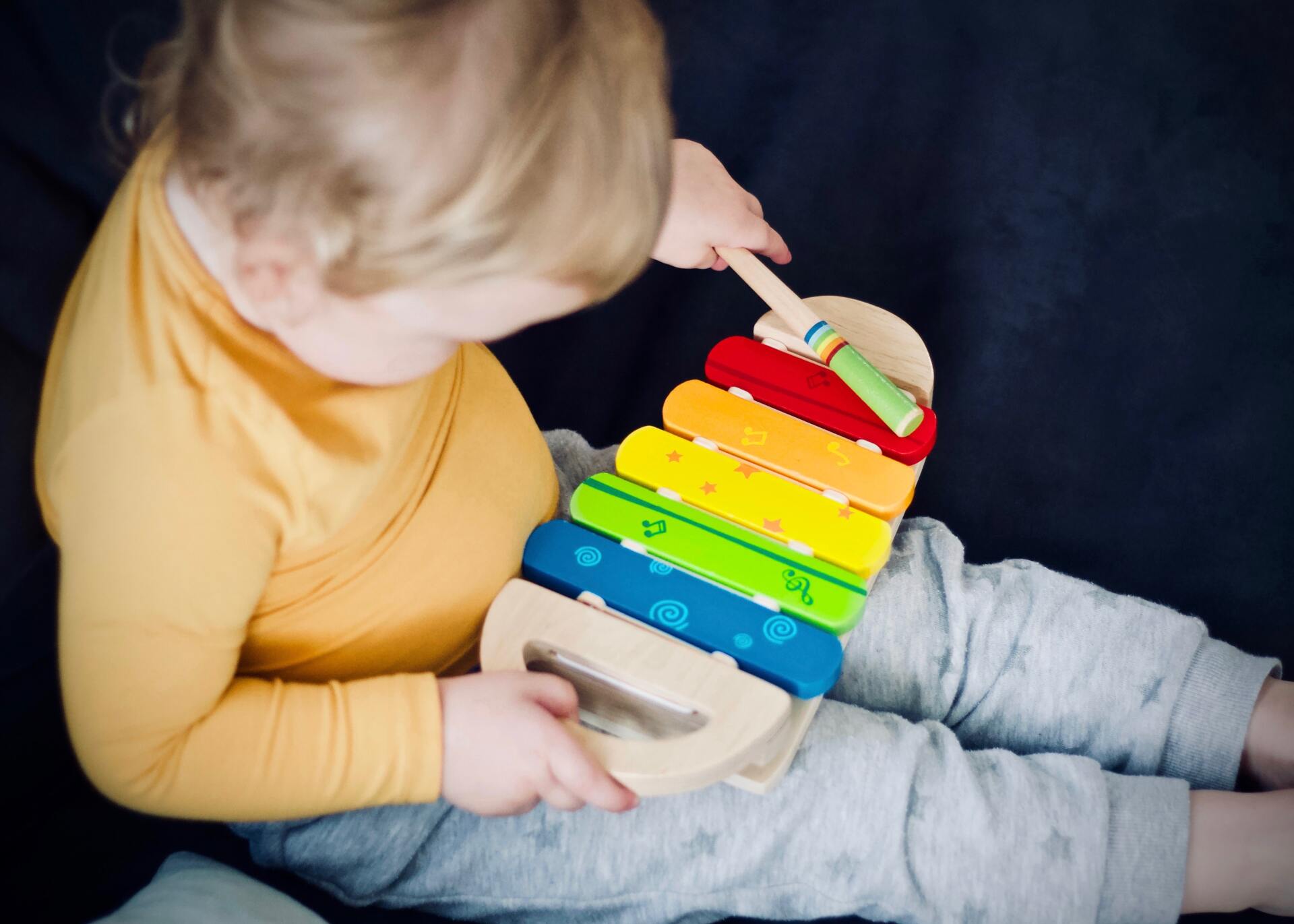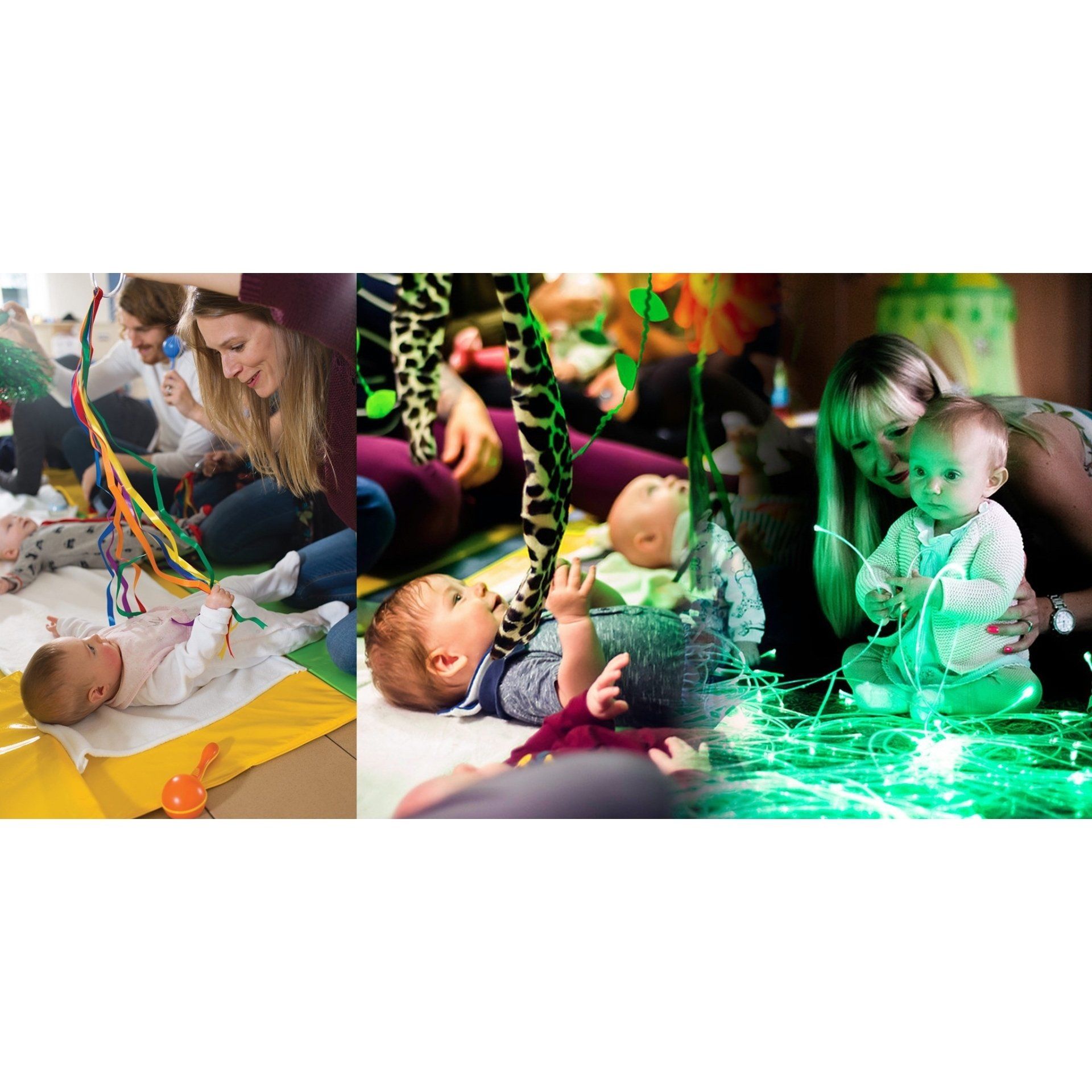Why Do Some Children Paint All Over Themselves?
4 August 2021
Ever wondered why some children just love to paint themselves instead of the paper !
It’s NOT because they are trying to annoy us adults or go against our instructions, to only use the paper to paint on .
Children learn in a multitude of ways and some children have specific ways that they make sense of the world.
Through repetitive actions ( schema) children are finding out, being curious and constantly learning. It’s all part of their learning process and we need to recognise different types of schemas in play.
“A schema is a pattern of repeated actions. Clusters of schemas develop into later concepts" (Athey, 2007). It’s an urge!
To understand that children use play to collect information, and they do this in a methodical, logical and systematic way, through the use of their senses and constant movements. The way children learn through PLAY is incredible!
Just because it doesn’t make sense to us adults - doesn’t mean it’s not making sense to the child. They will use their entire bodies and senses to find out about the world around them, this in turn can also send calming signals to the brain.

The benefits of music are enormous; both consciously and subconsciously music is a part of our everyday life. Children are exposed to music through songs we sing to celebrate birthdays, nursery rhymes, lullabies and songs we sing to our children. Music helps improve a child’s dexterity and ability it accelerates learning and is advantageous for language cognitive and social development. Learning how to make music should be a basic life skill. Babies can distinguish the differences in melody and frequency stimulating their minds. Exposure to music helps children to speak more clearly and grow a larger vocabulary. When dancing and moving to music children develop better motor skills. Generation upon generation know the same songs and nursery rhymes. Children recognise the melody of a song and can unscramble the different tones in music before they learn the words. Music helps children to learn new words and the repetition and rhythm help form memories. There is a wide range of first musical instruments and percussion sets available to support music dance and singing for both indoors and outdoors engagement. Singing in tune marching to a beat dancing helps children to differentiate between their speaking and singing voice and the different rhythms. To neglect music in these early years would be catastrophic.


